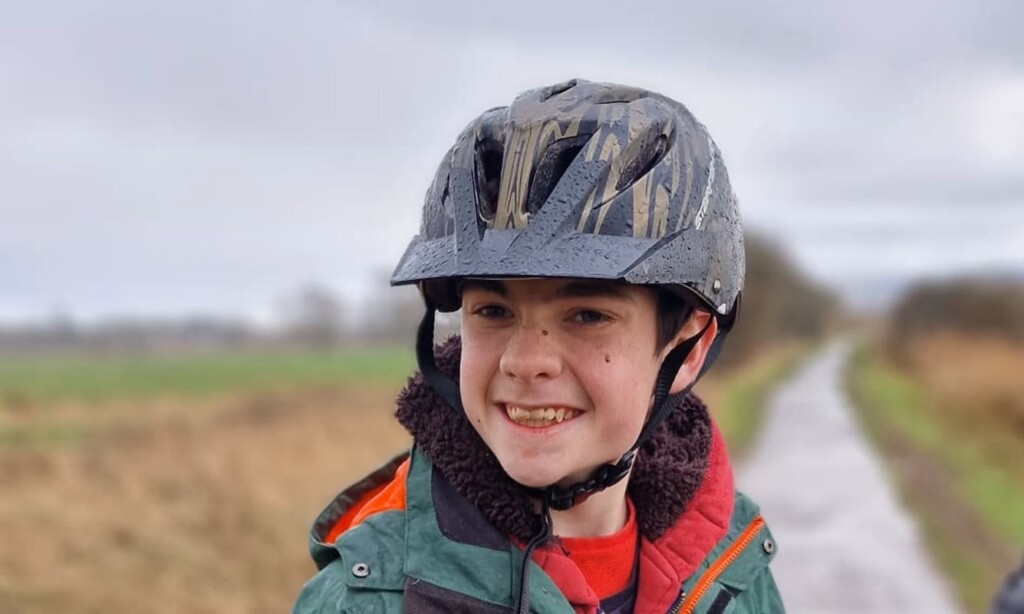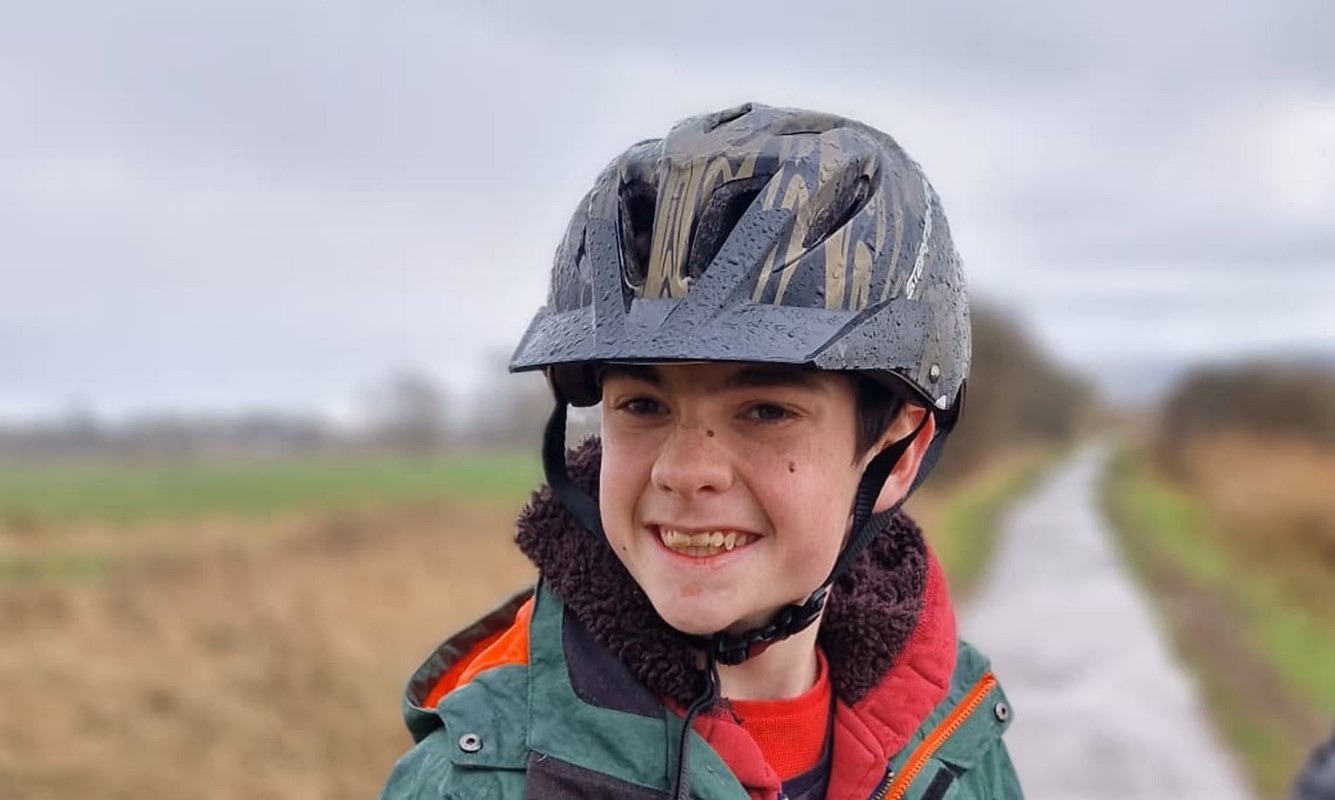
For thirteen years this poor fellow has suffered from treatment-resistant epilepsy, but thanks to a cutting-edge brain implant, is able to look forward to days without seizures.
Oran Knowlson is the first person in the world to receive this implant, part of a human trial pilot study on treating Lennox-Gastaut syndrome, a rare form of epilepsy that can result as many as 100 seizures a day.
The 13-year-old from Somerset, England, needed around-the-clock attention and care since the age of 3, as some of the seizures were so strong they’d stop his heart and require him to be resuscitated.
After receiving the brain implant, his mother declared to the Guardian “I definitely now have a teenager” remarking on Oran’s newfound ability to ignore his mother.
“The future looks hopeful, which I wouldn’t have dreamed of saying six months ago,” she said.
“For Oran and his family, epilepsy completely changed their lives and so to see him riding a horse and getting his independence back is absolutely astounding,” said Martin Tisdall, a consultant pediatric neurosurgeon at Great Ormond Street Hospital, London, where Oran was treated. “We couldn’t be happier to be part of their journey.”
During the surgery, Tisdall and the operating team inserted two electrodes deep into Oran’s brain to a region called the thalamus. Wires were then run up to a neurostimulator on the underside of Oran’s cranium.
OTHER BIOTECHNOLOGIES: Scientists Regrow Retina Cells to Tackle Leading Cause of Blindness Using Nanotechnology
Designed by Amber Therapeutics, it delivers constant neurostimulation to help suppress the seizures by blocking the signals that cause them from reaching the thalamus. The device can be recharged by a pair of wireless headphones.
Oran is one of three kids who were part of the pilot study, which is looking to recruit another 22 with Lennox-Gastaut syndrome.
MORE PEDIATRIC MEDICINE: 13-year-old Successfully Undergoes World-First Treatment to Cure Rarer-Than-Rare Wild Syndrome
“Deep brain stimulation brings us closer than ever before to stopping epileptic seizures for patients who have very limited effective treatment options,” Dr. Tisdall added.
“We are excited to build the evidence base to demonstrate the ability of deep brain stimulation to treat pediatric epilepsy and hope in years to come it will be a standard treatment we can offer.”
CELEBRATE This Young Man’s New Chance At A Normal Life…




















